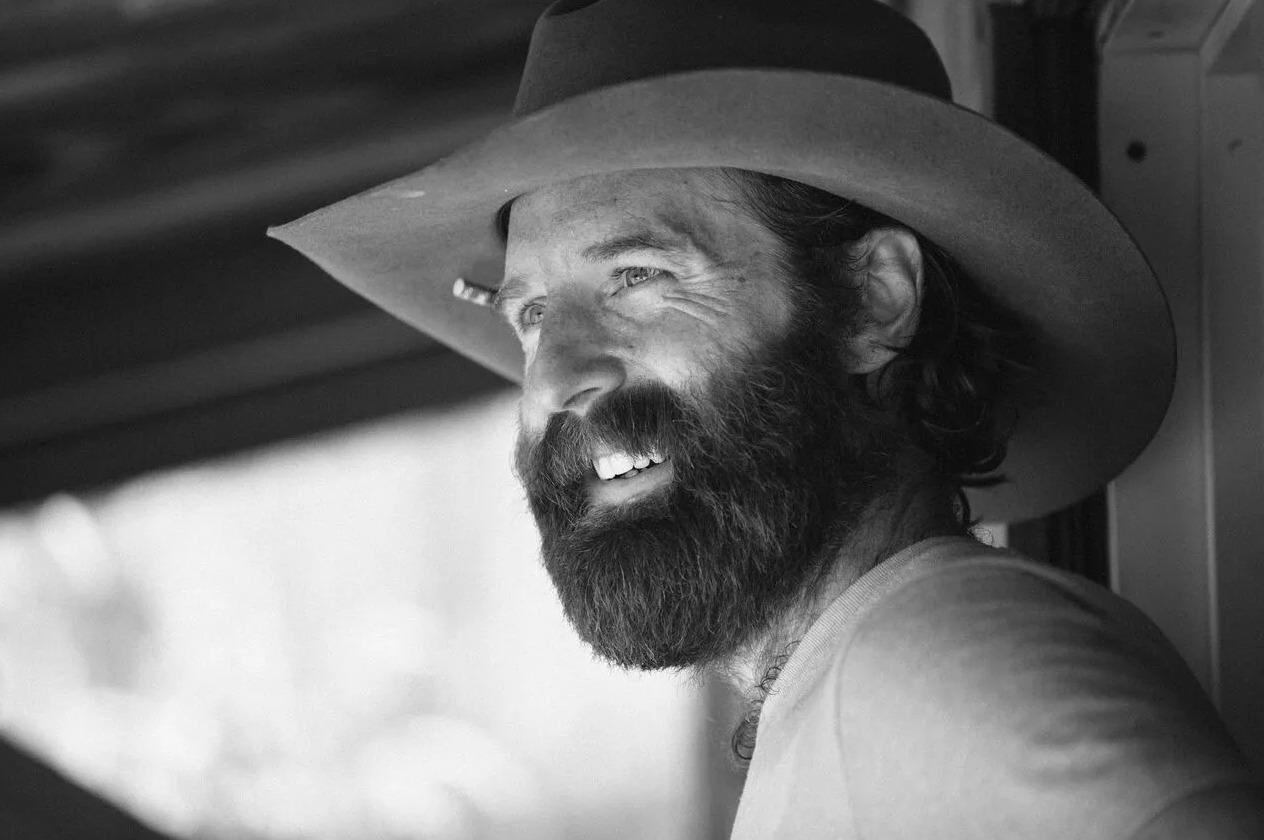I didn’t expect anyone to know me in Newnan, Georgia. I don’t expect people to know me anywhere. I’m just a guy with an overbite. I’m nobody. I’m a faceless individual who grew up in a home whose most impressive architectural feature was its dual axles.
I won’t say I’m Florida white trash. But I won’t say I ain’t.
We rolled into town early for the literature festival where I was making a speech at the historic courthouse. I drove past the brick storefronts, the stately church spires, the old Alamo Theater, and the charming antique stores selling acres of vintage Dale Earnhardt commemorative plates.
I love it here. Every time I visit Newnan, I have vague recollections of youthful days spent here. When we lived with my aunt in Atlanta as a kid, my cousin and I would visit Newnan and go look for creative ways to either blow our money or make the front page of the Newnan Times-Herald. Either by feats of heroism or heathenism.
I’m older and uglier now, whereas Newnan’s downtown hasn’t changed a bit. It looks the same as it always has, only more so.
When I was walking through the parking lot before my speech, a Black woman approached me. She was middle-aged. Her hair was in Sisterlocks and she was wearing a red, sleeveless jumper. She had a ribbon in her hair and lots of bracelets.
“Sean,” she said.
I looked around to make sure she was actually calling my name because you never know. Lots of people are named Sean these days.
When I was a kid, the name Sean was an uncommon name. But as I got older more parents started naming their kids Sean, Shawn, Shaun, Shawnda, or Shawnathan.
Truthfully, I wasn’t crazy about my name growing up. Although at this age, I realize it could have been worse, my mother could have named me Engelbert.
The woman asked if it was okay to hug me. I said sure, and we embraced.
“I’ve always wanted to meet you,” she said.
“You have?” I said.
She wore an insulin pump. And there were mottled scars all over her arms. One large scar on her neck. I learned how she got those scars when she told me a long story.
Her childhood was traumatic. Her father killed both himself and her mother when she was a young woman. He tried to kill her, too, but she got away. Again, it’s a long story. But she tells it well.
The point she was making was that her life was hard. Bone hard. She failed high school. By age 27 she was a single woman with three kids, diabetic, and she didn’t want to be alive anymore. She had a job at a fast-food chain restaurant, she was behind on rent, and her crummy car only ran on days of the week starting with P.
“I wasn’t suicidal,” she said. “But I was done, I was ready to quit trying.”
The woman’s salvation came when her teenage daughter began sending emails to friends and family asking people to pray for her mother, and to call her mother’s cell phone just to say they were thinking of her. To pull her back from the edge.
“One day, I got almost 100 phone calls from people my daughter emailed. My friends told me they weren’t gonna let me fail. After that, people were always at our house, checking on me, making sure I wasn’t alone. People cooked for me, brought me food, slept in my guest bedroom, prayed with me and watched my kids. Whatever I needed.”
Then something shifted inside her. It happened when she met a woman at work who had just earned her Georgia high-school equivalency diploma. The very next morning, our heroine enrolled. She earned her GED, and went on to complete community college, too.
But she didn’t stop there, either. Not even close.
“I just finished my Ph.D. last year,” she said.
When her story ended, she threw her strong arms around me and there were big tears in her eyes. I asked why she was telling me all this.
“Because this is exactly the kinda [expletive] you write about, I just wanted to tell you my story. It doesn’t matter how [bleeped] up your life is. Prayer works. Love works. Kindness works. Goodness works.”
We embraced once more and she almost ruptured my ribcage. Before we parted ways I asked what she did for a living.
She smiled. “I’m a family therapist now.”
Sean Dietrich is a columnist and novelist known for his commentary on life in the American South. He has authored nine books and is the creator of the “Sean of the South” blog and podcast. The views and opinions expressed here are those of the author and do not necessarily reflect the policy or position of 1819 News. To comment, please send an email with your name and contact information to Commentary@1819News.com.
Don’t miss out! Subscribe to our newsletter and get our top stories every weekday morning.










